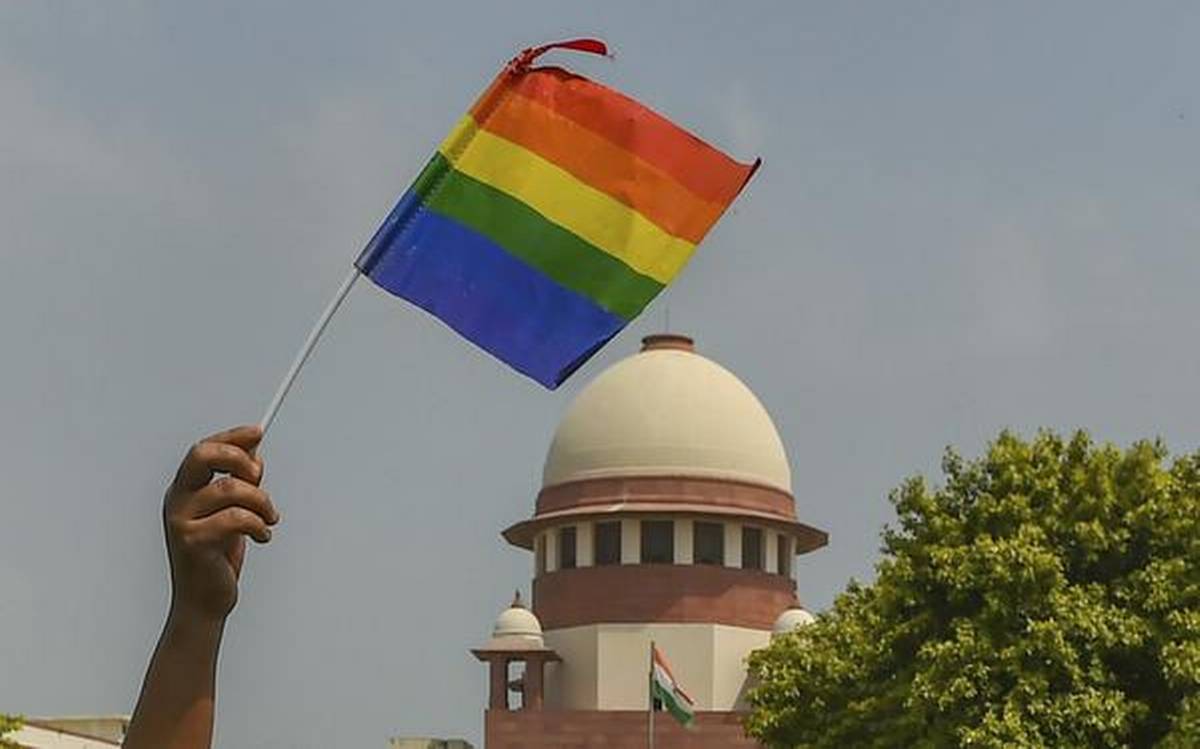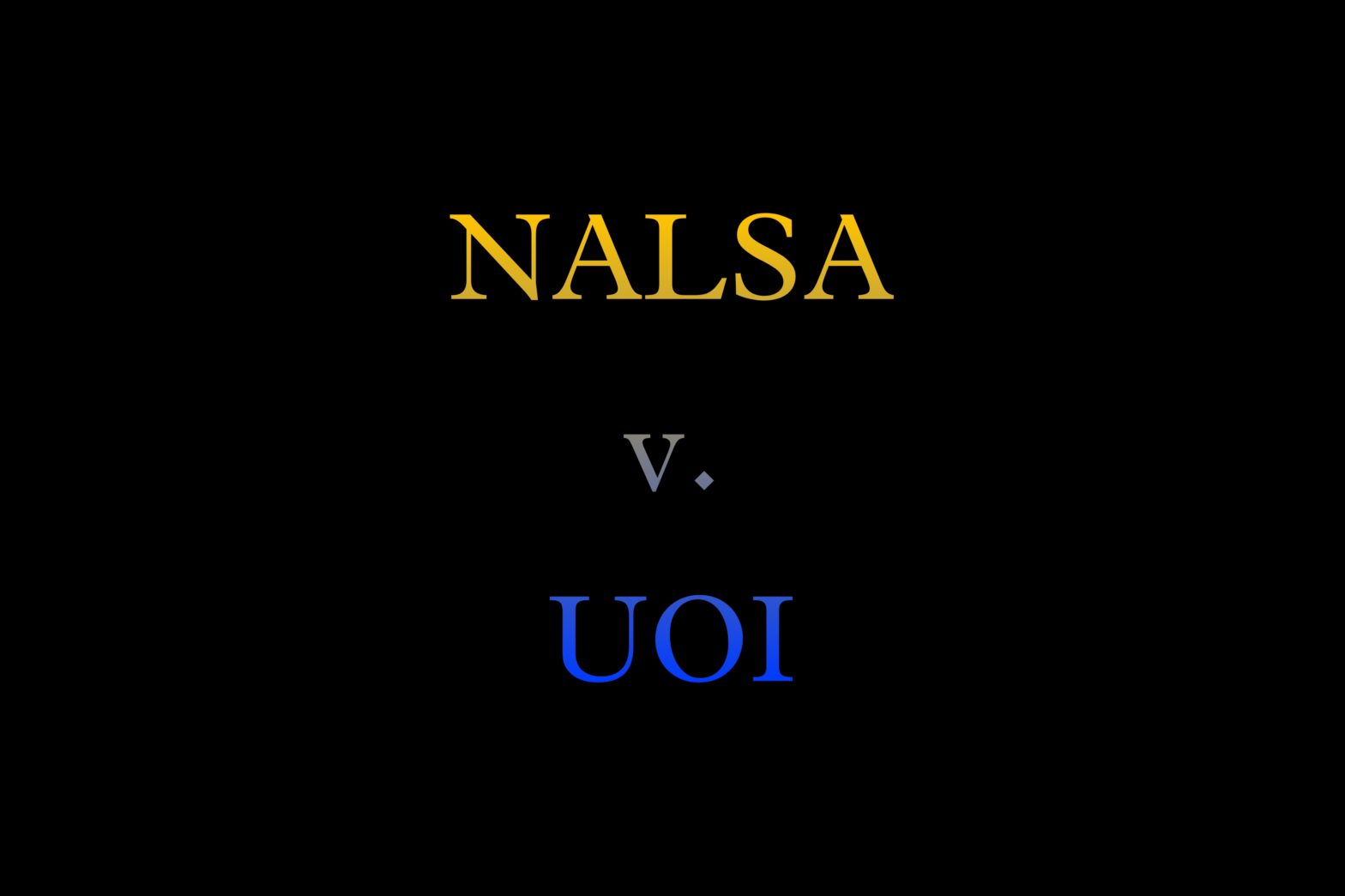Case Name: National Legal Services Authority (NALSA) vs Union of India
Citation: AIR 2014 SC 1863
Date of Judgement: 15-04-2014
Parties Involved: National Legal Services Authority, Poojya Mata Nasib Kaur Ji Women Welfare Society, Laxmi Narayan Tripathy, and Union of India
Facts
In this case, members of the Transgender Community seek a legal declaration of their gender identity. Hijras/Eunuchs, who are also included in this category, seek legal status as a third gender with full legal and constitutional protections. The National Legal Services Authority provide free legal services to the poor and other underprivileged members of society have stepped up to support them. Laxmi Narayan Tripathy, a Hijra highlighted the trauma undergone by Tripathi from his birth. Born as a boy, Tripathi felt different from other boys her age and was feminine in her ways. Within and beyond the family, she was subjected to repeated sexual harassment, molestation, and sexual assault. Everyone called her a ‘chakka’ and a ‘hijra’ all the time. In her late teens, she began to dress and appear in public in women’s clothing, but she did not identify as a woman. She then became a member of the Hijra community in Mumbai.
Siddarth Narrain, a Hijra, recognized that joining the Hijra community was his only option when he was in the tenth grade and after his family discovered that he had been battered by a cricket bat. He managed to flee his house and go to live with a tribe of Hijras. Sachin, a TG, also recounted how he felt as a child when he liked to wear cosmetics and his parents treated him like a female. He used to help his mother with cooking, washing, and cleaning, but when his neighbours and relatives saw this, they taunted, insulted, and scolded him, making him feel guilty.
These were simply a few folks that elaborated on their lives; many others endured the same abuse daily. As hijra, the Applicants have been subjected to severe prejudice throughout their lives due to their gender identity. The Applicant understands that the State’s full refusal to recognize the identity of hijras/transgender people has resulted in the violation of most of the fundamental rights given to them under the Indian Constitution.
Issues
The main issues of this case are as follows:
- Whether the persons who fall outside the male/female gender binary can be legally recognized as “third gender” persons?
- Whether disregarding non-binary gender identities is a breach of fundamental rights guaranteed by the Constitution of India?
Judgment

The judgment was given by Justice K.S. Radhakrishnan and Justice A.K Sikri. The Supreme Court ruled that transgender people are covered by the Indian Constitution and, as such, are entitled to all of the Constitution’s protections. Article 14, which ensures the right to equality, is one of these rights. Article 14 is a right that applies to “any individual” (equally to men, women, and transgender people). As a result, transgender people are entitled to the same legal protections as everyone else. In terms of employment, health care, education, and civil rights, they are treated equally. Discrimination based on sexual orientation and gender identity is a violation of Article 14 since it results in uneven treatment before the law and unequal protection under the law.
The Court stated that a person’s right to show or express gender identity through words, dress, action or behavior is included in Article 19 (right to freedom of expression). Article 19 protects essential rights such as privacy, self-identity, autonomy, and personal integrity. The Court also held that the Transgender community has the right to Article 21. They have the right to a decent existence and personal freedom. The Supreme Court ruled that the central and state governments must recognize gender identity as male, female, or third gender in legal terms. It was recognized that transgender people require full legal acknowledgement. They should have access to health care, education, and other benefits. The Court also decided that Hijras, Eunuchs are to be treated as “third gender”.
Rationale
The Court noted the need for legal recognition of the third gender and the right of transgender persons to self-identify. The Court also noted the importance of reading Constitutional provisions in line with present-day conditions based on changing social realities. Under Article 14, “the State shall not deny to any person equality before the law or the equal protection of the laws within the territory of India.” The Court held the article affords protection to ‘any person,’ “transgender persons who are neither male/female fall within the expression ‘person’ and, hence, entitled to legal protection of laws in all spheres of State activity, including employment, healthcare, education as well as equal civil and citizenship rights, as enjoyed by any other citizen of this country.”
